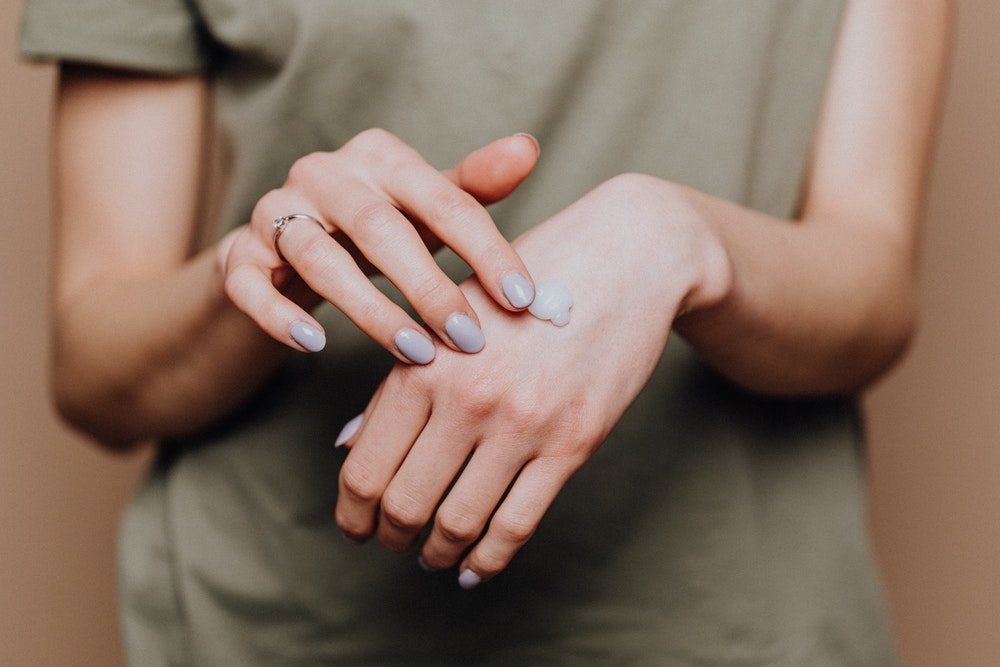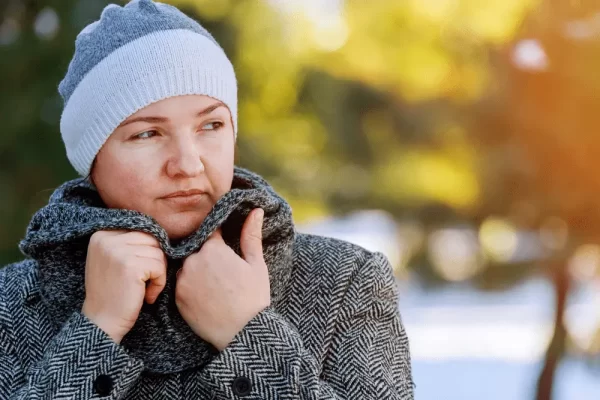Eczema, also known as atopic dermatitis, is a genetic skin condition that makes your skin dry, itchy, red, and scaly as a result of an allergic skin reaction. Eczema isn’t just known as one disease, but as a range of skin conditions, many of which are caused by allergies.
The inflammatory reaction usually occurs when the skin touches a trigger or allergen. But sometimes irritants in the atmosphere are microscopic, meaning flare-ups can be unpredictable and manifest at times that are seemingly random.
The symptoms of eczema can change over time, lessening and worsening at different points. Also, because triggers vary from person to person, it’s hard to pinpoint the exact reason for your flareup. Being aware of triggers that can make eczema worse can help you manage your condition in a more holistic way. Here are a few unsuspecting things that can cause eczema flare ups.
Swimming Pools
You may be a water baby who loves to for a dip in the pool, but don’t realise that it might not be the best for your skin if you suffer from eczema. Chlorine and other chemicals can be a trigger for some, leading to itchy, red skin or hives.
Swimming generally tends to dry out the skin, which can make your situation worse if you have an existing rash or flareup. If you do go for a swim, remember to rinse off after the session and apply a good moisturizer to act as a barrier for the skin.
Perfume
Fragrances are another trigger for eczema as they are absorbed straight through your epidermal layer of skin. Some ingredients found in perfumes and other kinds of fragrances contain irritants like synthetic preservatives or artificial fragrances that can lead to a flareup.
Even botanicals, from where natural products often derive their scent from can easily flare up the skin.
Shampoo
Similar to the problem with fragrances, shampoos too often contain components and ingredients which have a negative impact on the skin. If you have eczema, ingredients such as Isothiazolinones (which keep bacteria from growing within the bottle) and cocamidopropyl betaine (a thickening agent) commonly found in shampoos may act as a trigger.
Jewellery or Nickel
Many people with eczema find the jewellery that they wear to be the problem. Nickel (a type of metal) is often used to make jewellery and allergies caused by nickel are widespread. Nickel found even in the button and metal snaps on your jeans or in any other clothing can cause an eczema flare up.
This happens because nickel found in jewellery or in clothing can be quite an abrasive substance for people with eczema. It can trigger an inflammatory reaction in your skin, leading to redness and itchiness, the common signs of eczema. Irritation usually comes up around the same place you would wear your jewellery – your ears, your arms, and your neck. To avoid flare ups, always try to go for options and pieces that are marked as ‘hypoallergenic’.
Detergent
It is possible that detergents and fabric softeners can lead to itching, scratching, rashes and secondary skin infections. Added fragrances sometimes cause issues too for people dealing with eczema. Other personal care and household products such as dishwashing soap are also often regarded as the irritant.
To reduce risk of a possible flare up, use fragrance-free detergents and skip the additives. Consider running clothing and towels and sheets through a second rinse cycle and use a rubber laundry ball instead of a dryer sheet as they can leave residue on clothing and sheets.
Extreme Weather
Extreme heat and cold can take quite the toll on your skin. With arid heat, it may contribute to water loss and dryness. The resulting sweat can also act as an irritant that affects the microflora of the skin and feeds into the eczema cycle. Sitting in saunas is one example of hotter temperatures which can lead to break out of eczema.
Colder temperatures, on the other hand, decreases the relative humidity in the air, worsening dry skin and triggering eczema. Dry flakey skin can lead to itching scratching and the rash of eczema. Try limiting your exposure to extreme weather conditions for extended periods of time. Also, talk to your dermatologist to find out ways to better manage your symptoms, especially when weather changes.
Certain Foods
If you are eating foods that you are allergic to, this could result in a flare-up. Allergies to food products such as dairy, wheat, soy or peanuts can often cause eczema symptoms to emerge. However, it is important to know the distinguishing factors between a food allergy and eczema. While being allergic to certain foods can make your eczema worse, foods that you’re not allergic to can also exacerbate existing eczema.
Notice which foods make your eczema worse and cut them out of your diet.
If you experience your flare-ups to continuously occur or worsen, check in with your dermatologist about approaches to better identify the triggers and manage your symptoms in more efficient ways.




